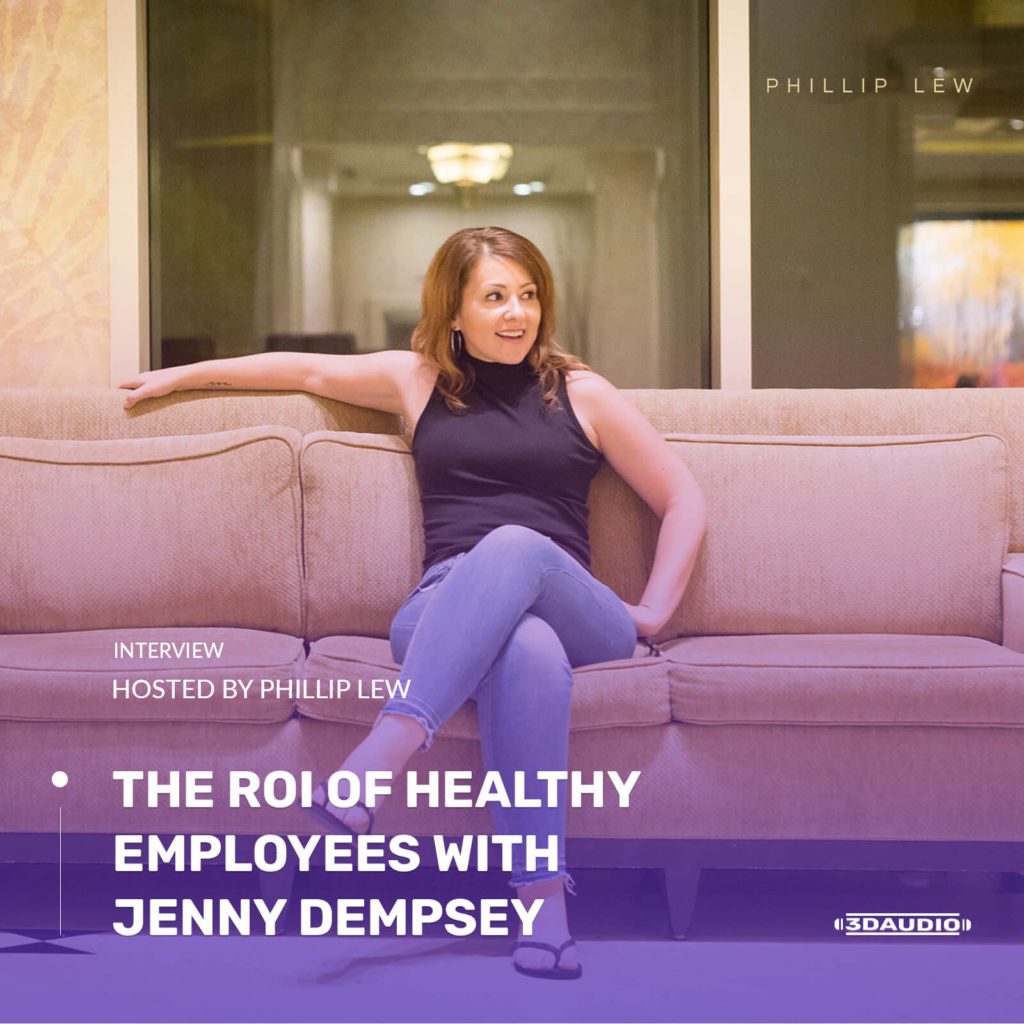
00:00
Paused.
Book Phillip to speak at your next event!
The ROI of Healthy Employees with Jenny Dempsey
PHILLIP
What made matters worse is I remember many of the early managers and employees that I had made friends with who explained that junk food, cigarettes, and bad posture, all went hand in hand with the culture of outsourcing in the Philippines. These observations inspired me when I founded c9digital, and I started to hire my own staff to create new forms of workspaces and habits that would ensure that our employees felt more physically and emotionally well, and that they were truly able to do their best work possible.
And my instincts told me that I knew these kinds of investments would pay off because happy, inspired, and healthy employees could absolutely outcompete other companies who weren’t as mindful about their employees’ health. So, during this interview segment of Innovators, I’ve decided to invite Jenny Dempsey to the show. Jenny is from sunny Carlsbad, California, and is a self-proclaimed retired “people-pleaser,” who shares her story of not taking care of her health, before deciding to dedicate her career to providing educational workshops and coaching, to really help organizations around the world create a more happy, healthy workforce.
To kick things off, I decided to ask Jenny to share with us her story and how she became so passionate about health and wellness in the workplace.
JENNY
It really inspired me to look at myself. So I’ve been doing lots and lots of personal growth and improvement work, all the mucky stuff that you have to do to get through that. But I realized that I learned some really valuable tools along the way. And I decided to get my health coaching certification because that’s also something else that I’ve been super interested in, despite not taking care of myself throughout the years. And now that I have that, I wanted to bridge the gap between customer service, and health and wellness, and really bring this new perspective to the table.
PHILLIP
JENNY
When I say “metrics,” I say it very lightly. But it’s really looking at the individuals behind it and tracing where burnout stems from, defining what burnout even means, having conversations. You know, not every single business culture out there is going to welcome this in. No one wants to say, “Okay, we’re going to take an extra hour a week and actually, you know, look at our employees and give them time for, you know, self-care.” A lot of companies are going to be like, “No way, that doesn’t work for us.”
But when you invite it into your culture and you start questioning these things, and it really comes back to leaders. Because you can dish out a wellness program, you can do all these fun things for your team, but if you, as the leader, or manager, or CEO, are not following through, it may not trickle over to the rest of the team. They may just think, “Oh, this is just another initiative. I’m not into it. I don’t really care.” And then people just, you know, don’t…and it falls flat. And I see that happen so much for wellness programs.
They’re unveiled, no one really asks the employees what they actually want or need. No one understands what burnout really looks like at that particular company, for that particular individual because everyone is different. Everyone has different needs at different points in their life. That’s just kind of how it goes. And so, asking the team, starting to have conversations about what this means and what people need. And sometimes, this can mean some really crunchy conversations that we have together with our teams, whether it’s one-on-one, whether it’s in a meeting, or whether it’s between peers.
But as long as the conversations are starting from a place of compassion, as opposed to just venting with no action steps, then we really can start to make a shift in the culture. And that’s when the buy-in really becomes larger for everyone on the team. But again, it has to go from the top-down. If a manager is telling the rest of their team to, you know, do one thing or another, but the manager does the exact opposite, it’s not going to be as successful.
PHILLIP
JENNY
There’s things that work for one of us, it doesn’t. And so, being aware of that, there are some companies that will have weight loss challenges and they’ll try to get everyone on board. But if someone has an eating disorder history, that’s not going to be the most beneficial way to engage with that employee. And that doesn’t mean that that employee has to share that personal information, but you have to be respectful, and you have to understand that there are some things that may not work for everyone and that that’s okay.
And so when we approach it, I always just flat out recommend, like, create a survey, do something to…just ask your team, make it anonymous, you know. Whether it’s a long survey that you fill out, or just a piece of paper and people write in some comments, however you want to get the feedback, but ask people what they need. The tricky thing is, is that not everyone knows what they need, right? I mean, there are some things like they don’t know how to start a certain thing, or they don’t even know that there’s something out there that exists that could help them. But the fact that they’re starting conversations about this, and asking people what comes to mind.
And so, that’s what I do in my workshops, and so, my workshops are really focused around self-care and taking ownership of ourselves in order to just, you know, like you mentioned earlier, to take the best care of others. And so, looking at it from this angle that we’re not just, like, one dimensional black and white human, it’s very much like there are so many different slices of the pie, whether it comes to physical activity, or you know, our career, our home environments, and relationships, and how all of these things affect us every day at work, and that everyone is going to have that be different on a regular basis.
And so, when we kind of look at these things, where you can’t force change, everyone is different, we ask our teams what’s going to support them best, and we keep that conversation going. It’s not a one-time thing where you do it once a year. It’s like, no, how can we keep these conversations together? Maybe if you have one-on-ones with your team, I’ve seen this be successful. You have a part of your one-on-one where you talk about wellness. You talk about…you know, if you have a good relationship with your team and it’s open and safe and non-judgmental, you can have conversations with your team about that.
Or maybe there are peer support groups at work that if there is a group of people that wants to walk, they can walk together to do that, and it’s supported. And other people don’t have to feel like, “Oh, wait, they get extra time to go walk, why can’t I do that?” It’s supported across the board. There’s opportunity for the company to, kind of, budget, whether it’s time or finance, to support their employees. And, like you said, make them feel like they are on cloud nine, because they’re the ones doing all the dirty work helping the customers.
And the way that it affects the bottom line, I mean, kind of straightforward. Of course, there’s metrics that every company can measure. And those are going to be different from one place to another, depending on what they want to look at. But they [inaudible 00:10:55] so lightly, because it’s such a vague term, but people who are happier at work are typically going to be happier or more grateful, you know, whatever word you want to use, more satisfied, and provide that same experience to the customer. And then it’s going to show with sales, it’s going to show with productivity.
But there are going to be those days where, you know, maybe someone isn’t as productive because they’re working on something that’s a little bit heavier. And that’s, you know, maybe emotionally or…and just being real about these things, and, like, we’re human. Like, I guess, that’s really what I want to get at is that we’re human sitting behind these desks. We shouldn’t be forced to be robots. Having companies look at their employees like humans, treating them like humans, realizing that everyone’s different, everyone has baggage and sometimes, you can’t just leave it at the door, and you come into the office.
Sometimes, it’s about opening up this discussion about burnout, about mental health, about wellness, about whatever the heck it is, and just keeping it safe and non-judgmental. And, like, I can’t stress enough, it really has to start at the top.
PHILLIP
JENNY
But it’s scary because…and I know even for myself, like, you feel like you share that, you’re kind of afraid of like, “Oh my gosh, they’re totally gonna fire me now. They’re not going to want me…someone like me working here.” I mean, I get…I had anxiety attacks at work. And so, I was like, “Well, I can’t report this,” but I did and it…glad I did. And, you know, it just gives a company some background in case anything bigger happens. But also, this part of, like, you’re admitting that there is something going on, and you want to, you know, support yourself. And so, looking into alternative therapies, or whether…or finding a therapist and doing what you need to do to get the help that you need.
And I think there’s so much power and so much courage in being able to admit that you need help and being able to be real about it, confront it, but so many people don’t. It’s very easy to stuff it down, especially in a customer-facing role. It’s almost like, you know, we deal with customers all day, we deal with all these other problems. So we don’t have to deal with our own. It’s a destructive mechanism. You know, there’s so many people that are workaholics, typically, because they don’t want to deal with their own problems. And that’s well and good if that’s what works for some people, but it doesn’t work for everyone.
I mean, gets these, kind of, boiling points where we just have to make a shift in our life. Work on what is going on, if that makes sense, and be real about it. I think it just really comes down to being real.
And jumping to your second question about human and customer service, at the end of the day, cross the sands of time. I mean, what was that? There was a recent hieroglyphics of a customer complaint or something that I saw on the internet. Customers want their problems solved, no matter what, that’s the ultimate thing. And however it’s going to happen, whether it’s with a chat bot, or a knowledge base article, or someone on the phone, people want their problem solved.
And when it comes to efficiency and time, even back in the day, you know, before the internet, the speed of everything, like, people still wanted their problems solved, and they wanted them solved quick. It’s just now we have the tools to do it faster, and because it happens faster for a lot of the companies, the expectations are just higher. And so, how we interact with our customers on a human level really becomes more important. The more bots are out there, the more AI is coming into play, people want that connection. They want to know that, yeah, the problem is getting solved, of course, but that they’re being recognized as a person as opposed to just another robot, but customer number and all that stuff.
I don’t think anything really changes there too much. It’s just the expectations are higher. And so, for us as customer service agents in the contact center, it means even more that we have to really focus on taking as good of care of ourselves, giving ourselves the attention that we need to be as present as possible on as many days as we can for our customers.
PHILLIP
JENNY
But I think there…where I see the biggest kind of drawback to this focus on nutrition is that, a lot of times, it comes off as very limited. And I think that scares people away from even wanting to make changes in the first place. You know, if you look at these, all of the, kind of, like diet trends out there, they’re limited. You can only eat certain things. And if you eat anything else, you’re bad. And people don’t want to fall into this trap, you know, especially around this time of year, there might be people listening that started something on January 1st, and they’re like, “I’m only eating this,” or “I’m not eating this.” And then by now, maybe it’s kind of fallen through because there’s that limiting belief and restriction.
And, of course, when we restrict it, that’s exactly what we want. And we just…we sometimes can’t fight it after a while. And there’s nothing wrong with that. That’s kind of just the human way. You know, we have to eat and if these things are familiar, and if there’s an emotional connection to these foods, then it’s going to be even harder to make the shift. And so, I see some companies starting to bring in, kind of, lunch and learns around very, kind of, generalized educational opportunities for nutrition. Things that may talk about certain recipes, or certain types of foods, or trying a different vegetable and everyone gets to sample and eat because everyone, of course, likes eating. Or maybe some interactive cooking together.
Or they have a fancy lunch delivered once a week for everyone, you know, depending on the size of the company, and so everyone kind of gets to learn. And it’s slow. It’s gradual. It’s baby steps, because, as I mentioned earlier, you cannot force change, especially if there’s an emotional connection to the food, and especially if people are afraid that they’re going to be limited and restricted. I don’t eat meat. And so, for example, when I tell people this, I get that instant reaction, like, “Oh, my gosh, I could never do that, like…” But it’s like I tell myself, like, if I wanted to, sure, I could, but I just choose not to because I don’t really like it.
But there’s no… I’ve removed all the limitations and restrictions around it. And I think when people hear that, they just think, “Oh, I’ll never be able to eat it again? No way. I’m not signing up for that.” But there’s a way to shift the mindset. It’s kind of this mix of, like, I’m sure you’ve heard of intuitive eating, but it really comes down to a little bit more listening to your body and getting to know your body. Because if you’ve been eating fast food every day, all day, you don’t really know what your body needs, because it just wants the fast food. And so it takes us this…
PHILLIP
JENNY
PHILLIP
JENNY
PHILLIP
Thanks for listening to this interview segment of Innovators where your future is now. Jenny provides organizations workshops, coaching, and other advice, and can be found at her website at dempseywellness.org.
You can listen to the full unedited transcript of this podcast on our site and enjoy more episodes at c9digital.com. Thanks for joining me again, your host, as always, Phillip Lew, as we take you, the listener, on a journey from panic to power. dempseywellness.org
OTHER PODCAST EPISODES WE THINK YOU’LL LOVE

About Phillip lew
Phillip Lew is the host of Innovators, a podcast audio experience that decodes the mysteries of exponential technology and the coming singularity. Phillip Lew is also the CEO of C9 Staff—the #1 firm specializing in deploying remote staffing teams for clients across 9 core industries.



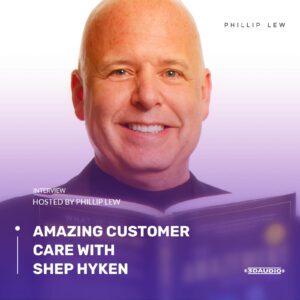
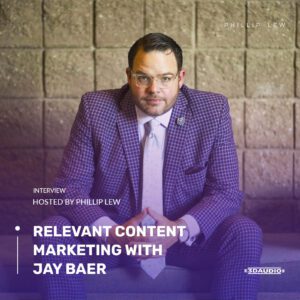

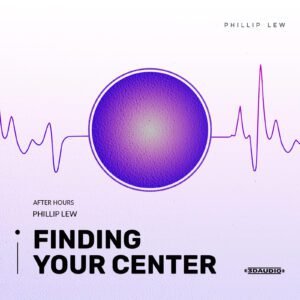
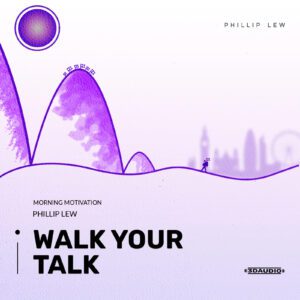

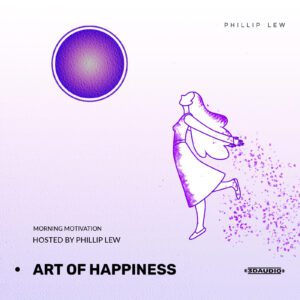


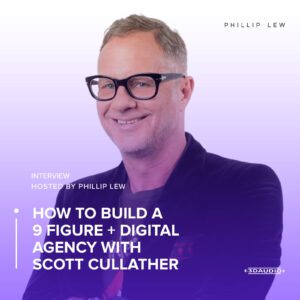

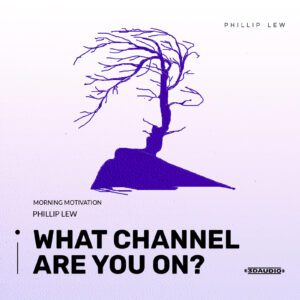
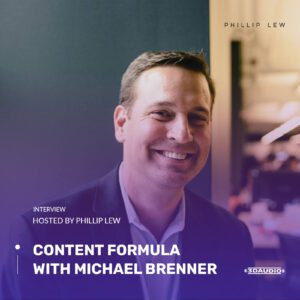
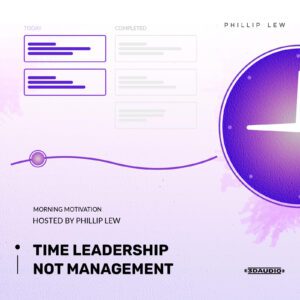
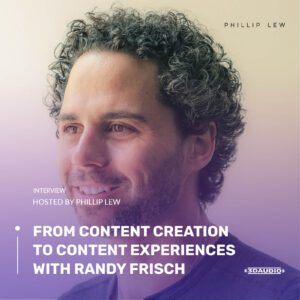



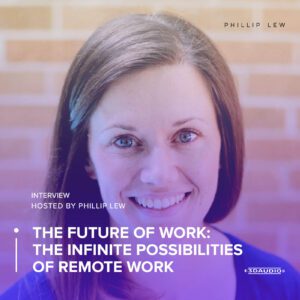
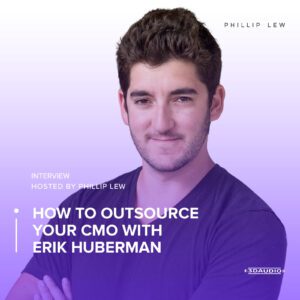
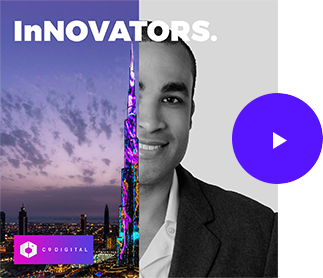

0 Comments